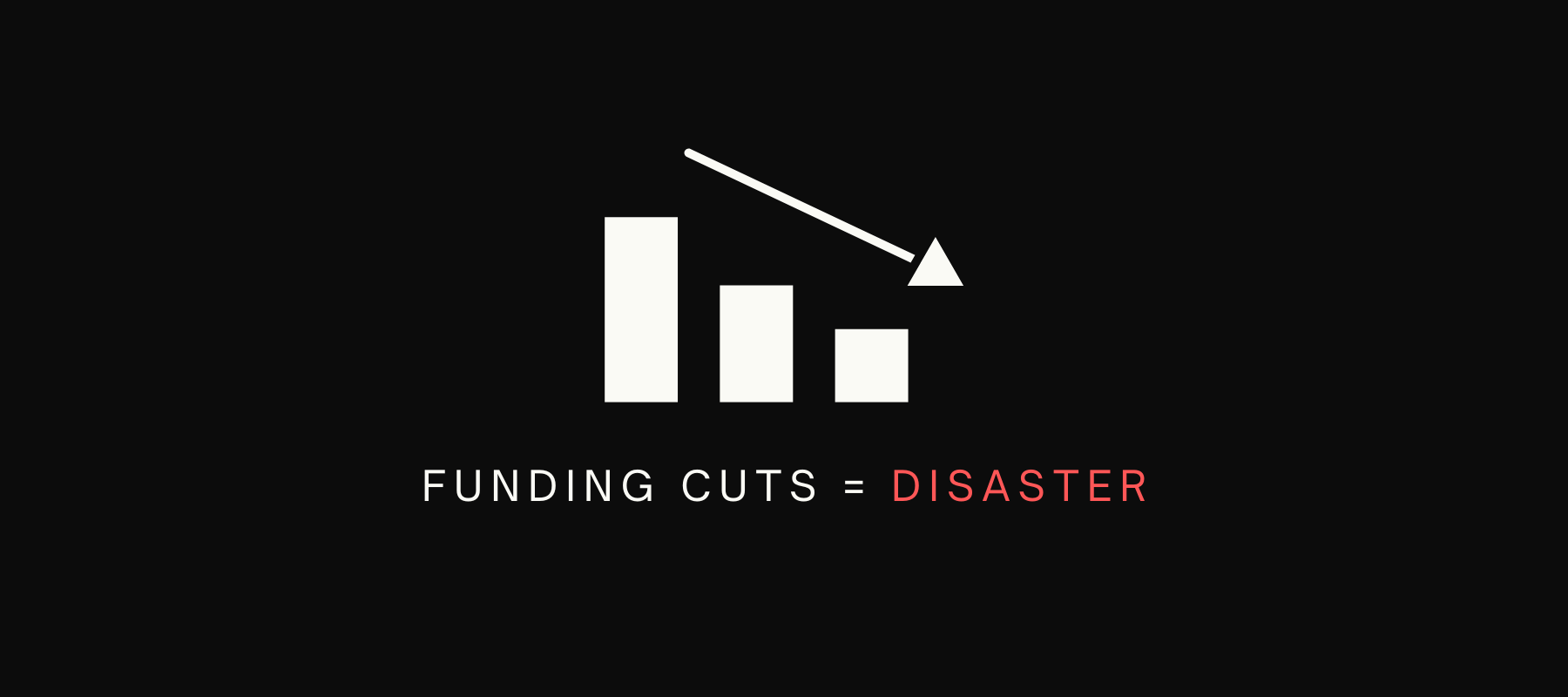Still reckless and unnecessary
Gary Mason offers this summary of the past eight years in yesterday’s Globe:
When B.C. Liberal Premier Gordon Campbell came to office in 2001 he unleashed a top-to-bottom review of all government agencies in an effort to bring finances in order. The result wasn’t pretty. It led to protests of all kinds from any number of public-sector groups affected by the restructuring and cost-slashing that occurred.
Eventually the good times began to roll and the province found itself awash in cash. The economy was booming and Victoria was raking in hundreds of millions in royalties from the oil-and-gas sector alone. It had money for just about everything. And then the global economic meltdown of 2009 had to come along and ruin everything.
That’s a bit of a gloss for what happened along the way.
The worst part of the early 2000s slash-and-burn wasn’t a string of pesky protests. It was the very real and harmful consequences of cuts to public services for people and communities across the province. The CCPA documented those consequences extensively, pointing out that the cuts hit women, rural communities and BC’s most vulnerable citizens (seniors, poor people, low-wage health workers, people living with mental illness, and others) hardest.
At the time, CCPA called the cuts reckless and unnecessary. Reckless because of the pain they would cause. Unnecessary because the government claimed it had to cut spending to eliminate a “structural” deficit, when in fact the deficit was caused by a temporary slowdown in the economy combined with massive income tax cuts. Once the economic situation turned around, BC did indeed find itself in a much stronger fiscal position — but it did not have money for everything. Record high “surprise” surpluses were funneled into debt reduction instead of being used to tackle problems like poverty and homelessness. Nominal expenditures (ie, not adjusted for inflation) in the social service ministries only recouped their pre-cut levels in 2008/09.
Today BC once again faces a cyclical deficit, this time driven by a full-blown recession. As my colleague Iglika Ivanova points out today in the CCPA’s budget reality check, if the government delivers major cuts in Tuesday’s budget, it will only deepen an already painful recession and make it harder for the poor and middle class to weather the storm. Given the to-do in this week’s throne speech about keeping a lid on deficits (weird bare-cupboard-hanging-on-wall-of-deficit imagery and all), it looks like more reckless and unnecessary fiscal policy is coming our way — though it remains to be seen just how far the government will go.
Topics: Economy, Provincial budget & finance


